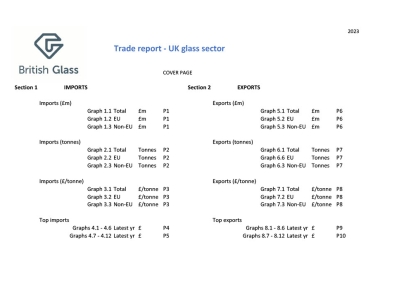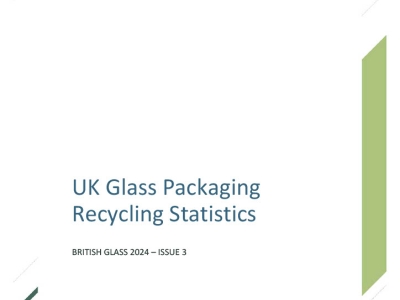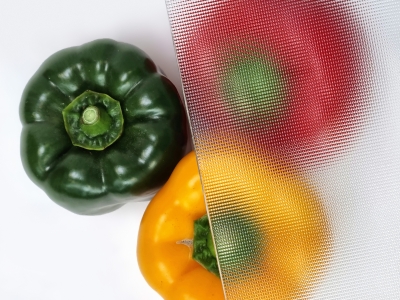The glass industry has today published its Decarbonisation and energy efficiency roadmap action plan – a bold blueprint of practical measures which industry and government can take to towards the progressive net decarbonisation of the glass industry.
The action plan is the culmination of the government’s Decarbonisation and energy efficiency roadmap 2050 project – a three-year programme of fact-finding and collaboration with seven energy-intensive industries that set out to identify measures to help the UK meet its legally binding target of an 80% cut in CO2 emissions by 2050 (against the 1990 baseline).
British Glass has been facilitating collaboration between glass manufacturers and government throughout this process, and in April 2017 secured the unanimous high-level commitment to the draft action plan from all ten large-scale UK glass manufacturers. British Glass was shortlisted for the Department for Business, Energy and Industrial Strategy’s Sector representation of the year award – part of the TAF Best Practice Awards – for this work.
The glass sector’s Decarbonisation action plan – which has been published alongside the government’s Clean growth strategy – sets out the sectors’ priorities for improving energy efficiency and decarbonisation in areas such as research and development, technology implementation, energy infrastructure, recycling, skills and funding.
Claire Perry, minister of state for climate change and industry said:
“I am pleased to co-sign the joint Government and glass sector industrial Decarbonisation and energy efficiency roadmap action plan with British Glass, and thank them for their collaboration on the initiative. The Action Plan sets out how Government and energy intensive industries will collaborate to support the sectors to decarbonise and improve their energy efficiency while maintaining competitiveness, and forms a crucial part of our Clean growth strategy that has been published today to set out how the UK will meet its carbon budgets.”
British Glass chief executive Dave Dalton said:
“Publication of the glass sector’s Decarbonisation action plan signifies a renewed commitment between government and our sector to a joined-up, pragmatic approach to delivering a low-carbon economy and globally-competitive glass manufacturing for the UK.”
Glass manufacturing has already demonstrated that it can reduce its carbon emissions while increasing production – and is playing an active role in the green economy with products that support the transition to a low-carbon society – such as high performance glazing and 100% recyclable packaging.
British Glass environmental manager Jenni Richards said:
“We have already started work on a number of the items in the action plan – and we look forward to continuing to work with government, and colleagues in other manufacturing sectors, to make our glass industry more environmentally and economically sustainable.”
Notes
You can read the industrial decarbonisation and energy efficiency action plans for all sectors at www.gov.uk/government/publications/industrial-decarbonisation-and-energy-efficiency-action-plans
In 2013, the Government committed to working with industry to develop long-term decarbonisation and energy efficiency roadmaps with industrial sectors, focusing on those that use the greatest amount of heat and represent the greatest greenhouse gas emissions. The resulting project focused on eight sectors: cement, ceramics, chemicals, food and drink, glass, iron and steel, oil refining, and paper and pulp.
The British Glass Environment and Energy (E&E) Committee works to make the UK glass industry sustainable and competitive for the future by proactively addressing policy, regulatory and legislative matters as well as actively pursuing technical innovation. The committee is made up of representatives from across the British Glass membership, and supported by British Glass subject experts.



